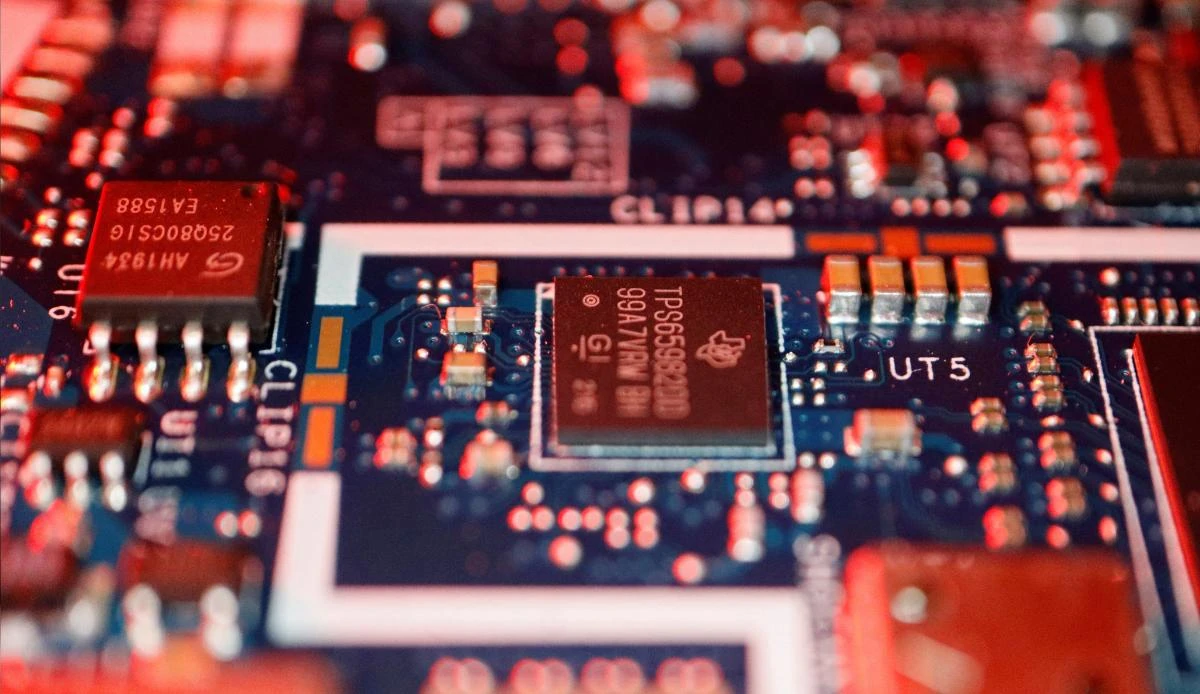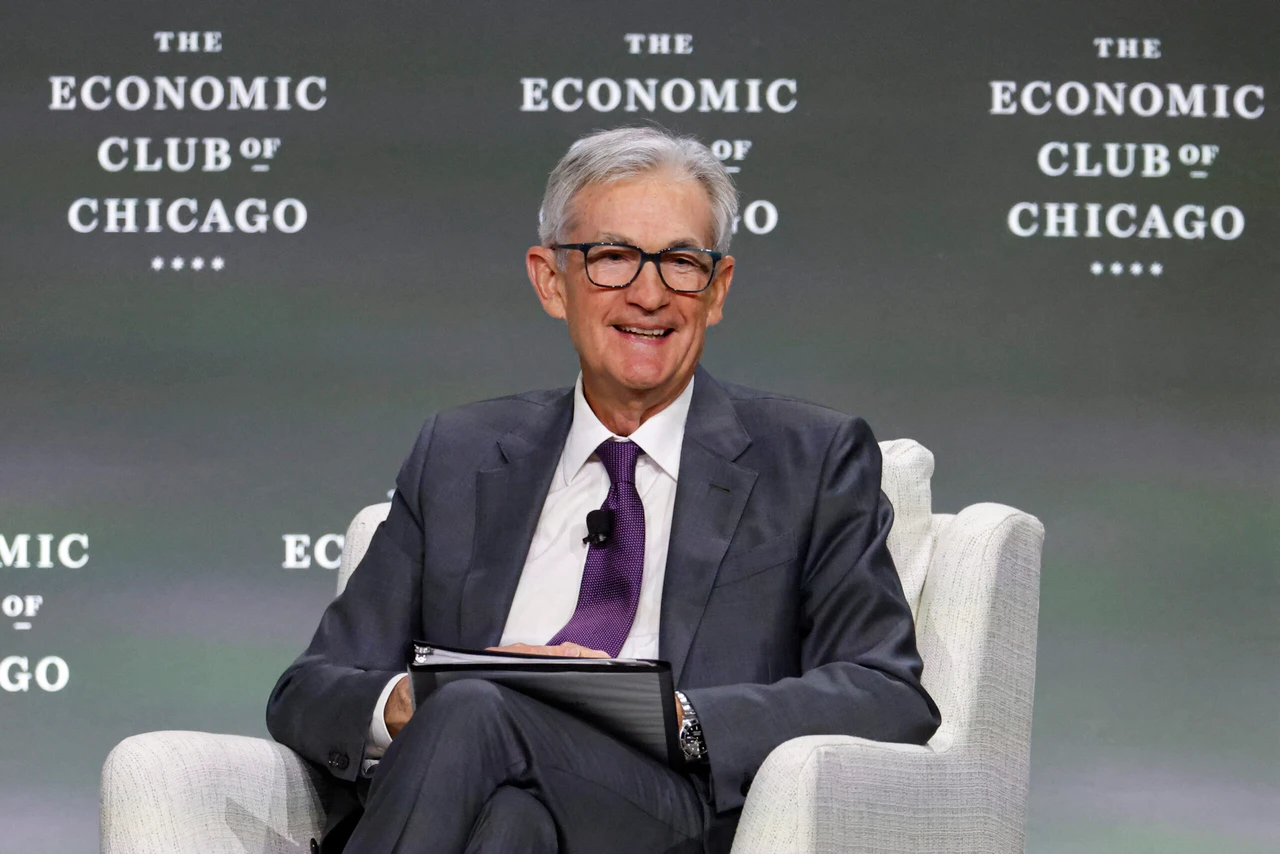U.S. raises tariffs on Chinese imports, including chips, EVs, and minerals

The US increases tariffs on $18 billion worth of Chinese imports, targeting sectors such as electric vehicles, batteries, steel, and critical mineral
The United States announced on Tuesday a significant escalation in tariffs on $18 billion worth of Chinese imports, targeting key sectors such as electric vehicles, batteries, steel, and critical minerals. The move, unveiled by the White House, drew a sharp response from Beijing, exacerbating tensions between the world’s two largest economies.
The decision to ramp up tariffs comes as President Joe Biden gears up for a reelection campaign, echoing criticisms of his predecessor Donald Trump’s trade policies. The Biden administration cited the need to address China’s “unfair trade practices” related to technology transfer, intellectual property, and innovation as the driving force behind the tariff hike.
Under the new measures, the tariff rate on electric vehicles (EVs) is set to quadruple to 100 percent this year, while tariffs for semiconductors will surge from 25 percent to 50 percent by next year, according to the White House.
The action is intended to pressure China into addressing concerns over its trade practices. However, China’s commerce ministry condemned the move, warning that it would “severely affect the atmosphere for bilateral cooperation” and accusing the U.S. of politicizing economic issues.
The tariff increases follow a review of tariffs imposed during the trade war between Washington and Beijing under the Trump administration, during which levies were introduced on some $300 billion in Chinese goods. Tuesday’s actions were taken under Section 301 of the Trade Act, the same provision used by the Trump administration.
In addition to EVs and semiconductors, the U.S. is also significantly increasing tariffs on certain steel and aluminum products, as well as on lithium-ion EV batteries and battery parts. Tariffs on natural graphite and some other critical minerals will surge from zero to 25 percent, and the tariff on solar cells will double to 50 percent.
Some of the tariff hikes, such as those on non-EV lithium-ion batteries, will take effect later to provide a transitional period as the U.S. ramps up its domestic battery production, according to a senior U.S. official.
The Biden administration’s move reflects its efforts to bolster domestic industries, particularly in areas like semiconductor manufacturing and green investments. However, it has drawn criticism from former President Trump, who argued that the measures should have been implemented earlier.
Hiking tariffs on Chinese EVs could be seen as a “pre-emptive strike,” according to analysts, aimed at protecting the U.S. auto industry from competition. However, tariffs on EV batteries and supply chains could have broader implications, given China’s dominance in these areas.
Treasury Secretary Janet Yellen expressed hope that China would recognize the targeted nature of the U.S. actions, emphasizing that issues like overcapacity would take time to resolve. She pledged to continue addressing concerns directly with Chinese counterparts.
Source: AFP



